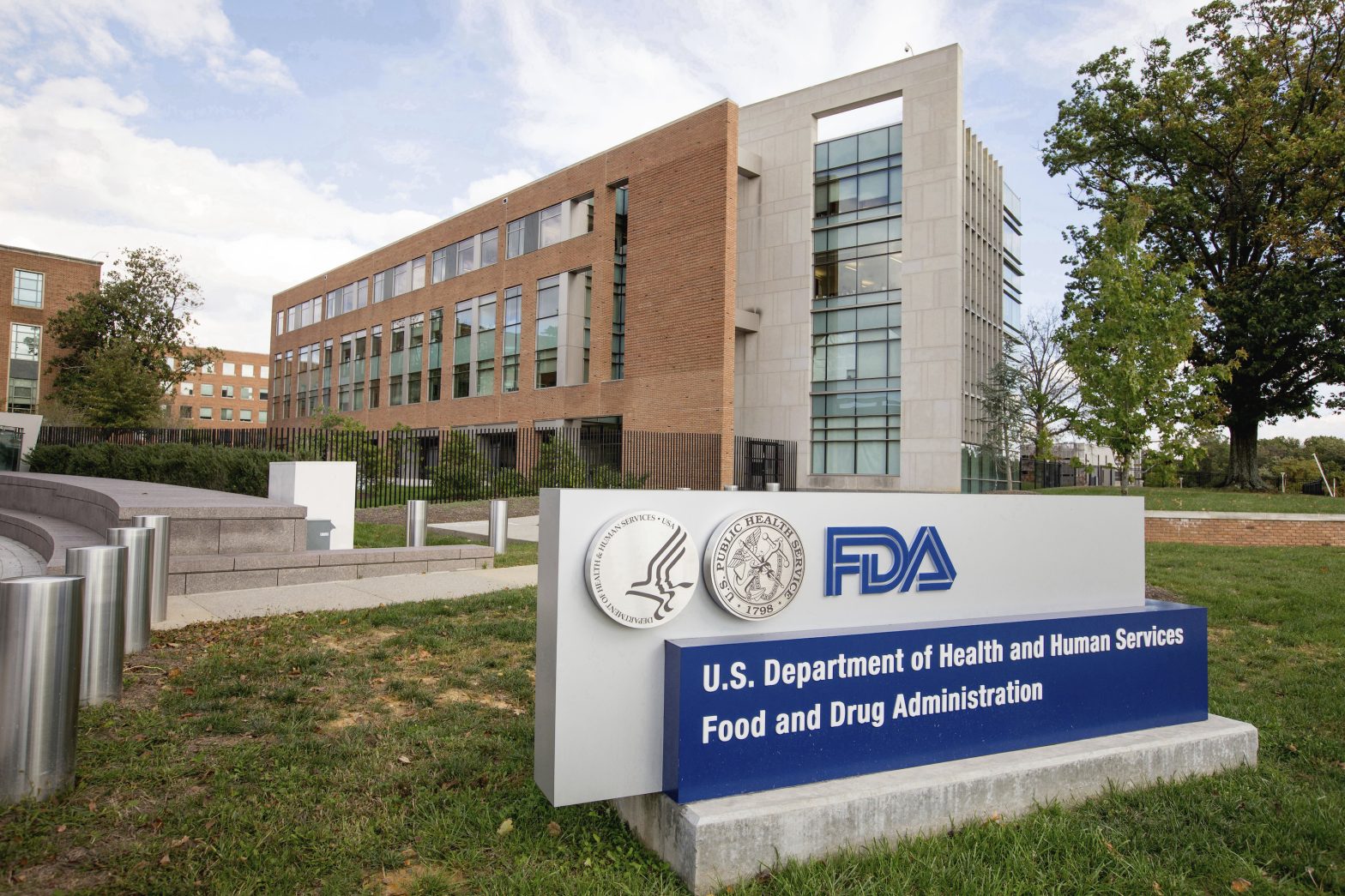Rev. Markel Hutchins: We Can’t Criminalize Our Way to a Healthier Society
COMMENTARY

Human and civil rights leader and CEO of MovementForward explains why ‘criminalizing bad habits’ will exacerbate strains between law enforcement and citizens.
Recently more than 800 community-focused police officers from across the country came together in Atlanta, Georgia, cradle of the Civil Rights Movement, to help synchronize their profession on a single goal: strengthening collaboration between law enforcement agencies and the communities they serve.
Among the many ideas raised and challenges explored, a recurring theme was the effects of reactionary policies that often bring unintended consequences.
Specifically, we heard from law enforcement community engagement practitioners that their input is rarely, if ever, sought by policymakers crafting new laws that could impact the relationships between police and the communities they are sworn to protect and serve.
That is a dangerous omission.
Overlooking input from all stakeholders often results in public policies that are well-intentioned, but not well-deliberated — especially when it comes to procedures and processes that complicate already strained relationships between residents and police in local communities, a disconnect that makes all sides less safe.
Every city council, county commission, state legislature, member of Congress and federal agency should listen closely to law enforcement and local communities and allow that input to shape new laws.
The latest example of a well-intentioned but ill-considered policy is the federal government’s seemingly Prohibition-style plan to outlaw the use of flavored tobacco like menthol — products disproportionately preferred by Black tobacco users.
Tobacco products are harmful and must continue to be thoroughly regulated. Existing regulations should be enhanced and expanded to continue keeping tobacco out of the hands of our young people.
Decades of governmental and other national efforts to curb tobacco use have been successful in significantly driving down cigarette consumption, and we should all work to continue that success with a sound public health strategy. However, the U.S. Food and Drug Administration’s proposed prohibition will almost certainly bring major unintended consequences, especially in communities of color.
Tobacco-use is an addictive, harmful habit which I do not support.
Still, everything that is bad behavior is not, and should not be deemed, criminal behavior.
The use of menthol and other tobacco products is a hazardous practice rather than a criminal act. Politicians at every level should think twice, consult with law enforcement and intensely consider the consequences before criminalizing flavored tobacco use — particularly since these products have been legal and widely used for decades.
There is also a difference between public health and illegalization. Criminalizing the harmful habit of menthol tobacco use will further strain relations between police and communities of color. This is the last thing America needs right now.
In recent years, we have witnessed numerous law enforcement tragedies that led to the deaths of individuals like George Floyd and Eric Garner — both of which began as tobacco-related incidents (and both of whose families have forcefully opposed attempts to criminalize flavored tobacco).
Treating the use of menthol as a public safety issue — rather than a public health issue — will inevitably result in more unnecessary opportunities for tragedies, undermine our work to bridge divides between cops and communities, and deepen existing divisions that are making all of us less safe.
The FDA’s advocates for criminalizing flavored tobacco have suggested that enforcement of this new federal ban will only be taken against tobacco companies, rather than everyday people.
Unfortunately, the troubled and troubling criminalization efforts in some states have shown the path that prohibition takes — becoming just another reason to expect strain between police and local communities. It is a slippery slope.
In Massachusetts, after a statewide criminalization of flavored tobacco led to a jump in illicit tobacco products, the state tobacco task force has proposed formally enforcing the ban against individual citizens. This will, yet again, place police officers in an untenable position.
We can all predict the effect criminalizing menthol-tobacco possession will have on engagement and trust between local communities and their police departments.
In addition to eroding mutual trust, a lesser considered impact of recent law enforcement-involved tragedies is that police departments around the country are experiencing low morale and critical challenges with recruitment and retention — a trend that, in turn, makes the American people less safe.
Efforts to strengthen law enforcement should not include further complicating their work by making them complicit in potentially predatory practices.
There are much more effective ways to curb tobacco use that don’t bring such unintended, disastrous consequences.
The FDA should expand its work to promote harm-reduction programs, increase resources to help folks access the support and smoking cessation services they need to break their addictions, and further restrict tobacco companies’ ability to market their products.
One thing is clear. We cannot criminalize our way to a healthier society.
Rev. Markel Hutchins is a national human and civil rights leader and renowned minister based in Atlanta, Georgia. He is chairman and CEO of MovementForward Inc., where he leads the National Faith and Blue Weekend (Faith & Blue), the largest and most consolidated police-community engagement event in American history.























